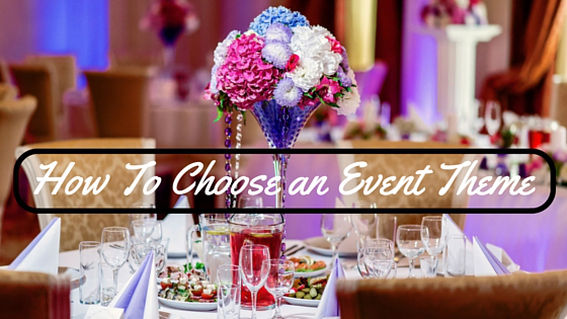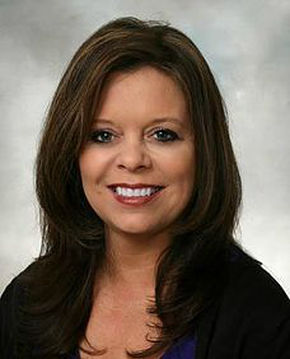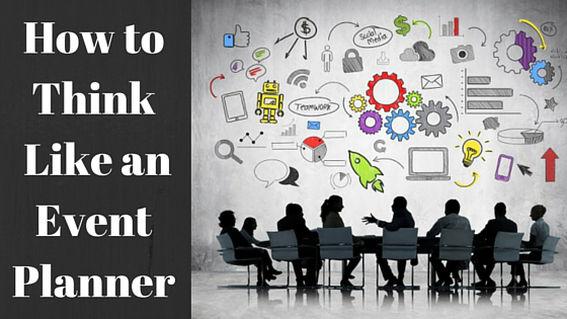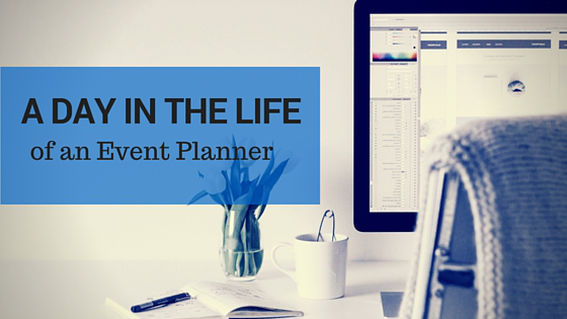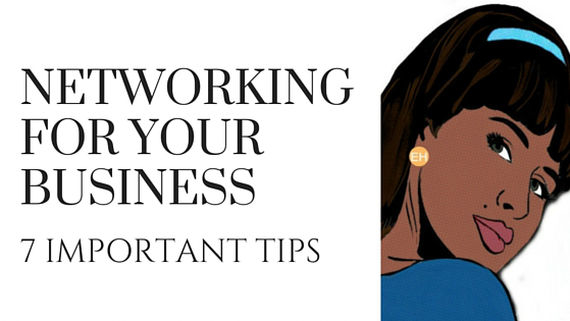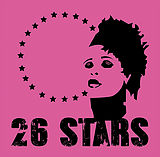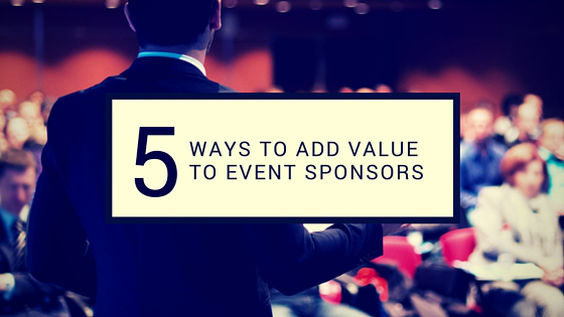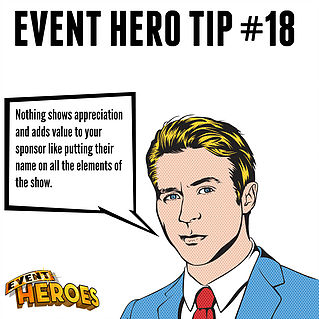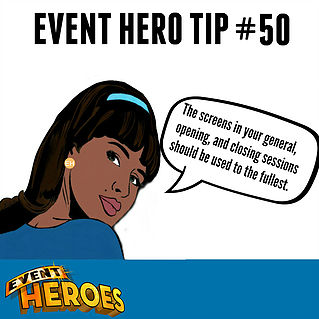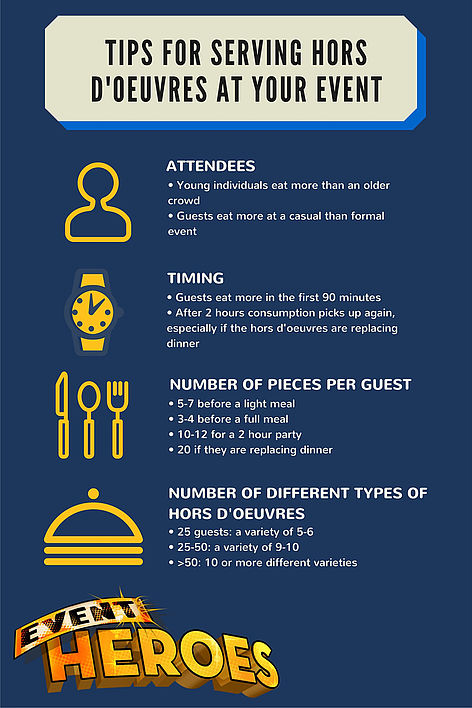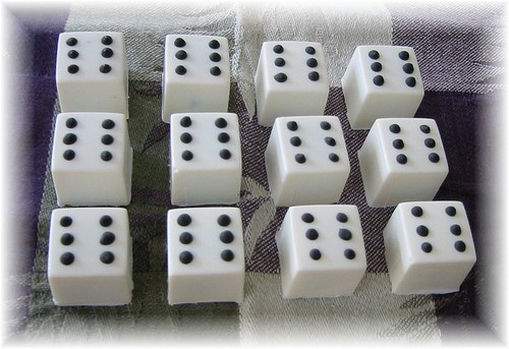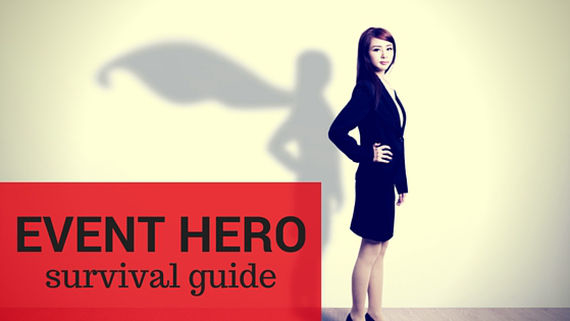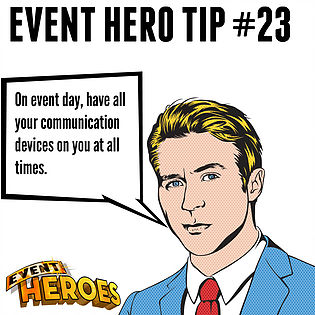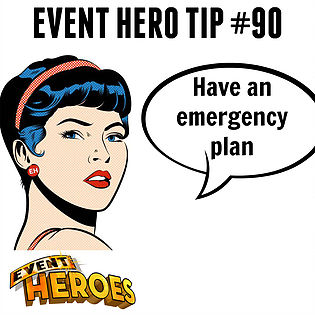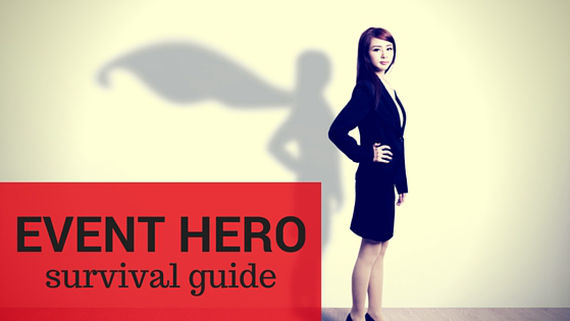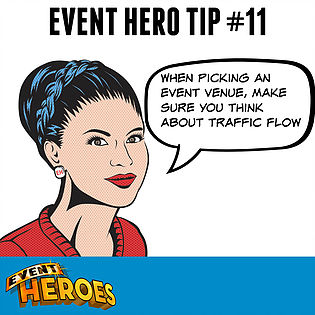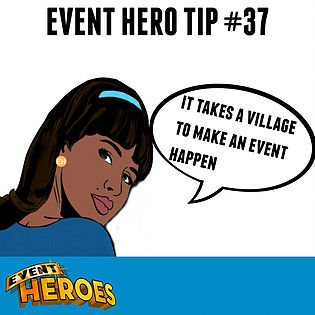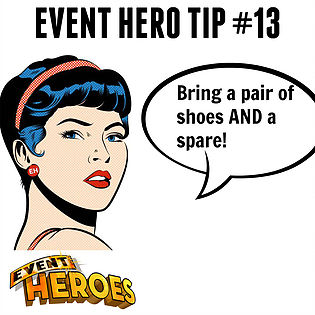One key to success for every event planning company is assembling a professional, dependable, creative team of vendors to support your efforts. No matter how great your ideas are, you can’t compete in the event planning industry without a reliable, effective group of suppliers behind you.
Having the right vendor for a specific purpose is like a good marriage. You want to hire reliable vendors that view this as a long-term relationship. While they may likely won’t be the cheapest, over time, their prices will be fair and their service will be well worth the cost. Make sure to take the time to get to know them before starting work, in order to forge a long-term alliance.
Your event can be tarnished by even one bad vendor, as he/she can leave a bad impression on the event attendees. The decorator may choose the wrong color or performers may not be well prepared. It is almost impossible to erase all these bad moments from your client’s mind. So, finding the perfect vendors for your corporate event is essential to success.
If you are ready to start your research, here are several of the types of vendors you may need for your corporate event:
- Performers to keep attendees entertained
- Photographers to capture the best moments of your party
- Decorators and florists to create the perfect atmosphere
- Waiters to serve food and beverages
- Caterers to prepare the foold
- Art director to handle computer imaging, design, and signage
- Audio/visual (AV) firm to install and run the sound and lighting
- Graphic artist to create event posters and invitations
- Registration staff to welcome attendees, register them and direct them
Successful event planners say that the best way to choose the right vendors is to carefully vet them ahead of time, both directly and indirectly. Before contacting vendors, make sure to talk with other industry leaders and ask them about their own experiences with vendors.
When not working with our expert vendor team, we use a CRM system, like Salesforce.com, to keep track of any information we find about vendors, in addition to using it for our sales process and to track our competitors. This allows us to keep track of positives and negative about any company over time, in addition to prices paid.
Issues always arise at events. The best vendors are those able to minimize the occurrence of issues, but more importantly, to deal with the unexpected properly and promptly. We are generally more impressed with vendors that have solid processes and procedures as planning allows us to decrease risk and have a better event.
When you have a list of recommended vendors, you are ready to start your research and collect information about them, including:
- Vendor name, address, contact information
- Specialization
- Prices
- Discounts offered
- Payment and refund policies
- Insurance coverage
- Licenses held
- Qualitative information: This can be experiences from both customers and competitors. What did they do well? What didn’t they do well?
Having such a vendor file is crucial, as it will save you much time and effort down the road. When you have all this information in a CRM system, the vendor selection process becomes much easier. Before hiring a vendor for your corporate event, make sure to find as much information as you can about that company’s past interactions, successes, failures, and any tidbits of information you can glean.
The first indicator of a good vendor is the responsiveness and professionalism they show in interacting with you. Here are some specific things to understand when vetting a vendor:
How professional are they? You want to deal with a vendor that will expedite the process seamlessly and one that won’t suck away your precious time. Time is at a premium when it comes to large events and you want someone that frees your time.
One of the best ways to tell is to find out their process for a proposal. This can be enlightening as it will tell you whether they treat their business like a business, or as a hobby.
From there, dig into the proposal to find out what their contingencies are. We are surprised by the number of seemingly basic issues that event planners deal with when it comes to vendors. Two questions that we are very rarely asked, but seem obvious are:
- What happens if your performers don’t arrive on time, or just don’t show up?
- How do you deal with unplanned changes during the event?
Have they done a similar event before? You really want to understand their experience. This will dictate how they deal with changes and reduce issues. If they can tell you what has worked and what hasn’t in the past for a similar event, their experience becomes obvious.
It’s always a good idea to ask questions for which you already know the answer, and more importantly, ones that they should know the answers to.
Do they have contracts in place or will they need to draft one? This is obviously a deal killer, but it still amazes us how many vendors still do not use contracts, and even more so, how many event planners hire vendors without them.
Contracts are not in place to ensure that vendors do what they intend. In fact, most any vendor will plan with best intentions to execute well ahead of payment. Instead, contracts are necessary to detail what happens when issues arise. You generally get what you pay for, and vendors without them are sketchy, at best.
Also, do they use electronic signature software? We use and like DocuSign as it reduces the contract process and lets us focus more on the event. Will you need to chase vendors down for a COI? These questions will give you a good understanding of the experience and amount of time you will need to “invest” in your vendors.
When you are ready to hire, make sure that they create a detailed proposal showing what the vendor is going to do for your event. In general, vendor proposals consist of the following parts:
- Description of the main service offered
- Costs and payment methods
- Description of the equipment provided
- Scheduling information
- Insurance and other risk management methods
- List of vendor requirements (e.g. electricity, water)
- Additional services offered
With all the above-mentioned information in mind, here are some bonus tips that will help you to find the right vendor for your corporate event.
1. Determine your needs
First of all, before starting the research process, create a list of your needs and requirements. What kind of corporate event are you hired to deliver? Is it formal, or more interactive and fun? How many people will attend the event? Will it be indoors or outdoors? What is the theme of the event? Are there any special guests to invite? What is the vendor budget for the event?
You should clearly understand your needs and prepare a list of how your vendors match them. Doing this will make it easier for you to judge their proposals.
2. Ask for referrals
As the great investor Warren Buffett says, “Price is what you pay. Value is what you get.” What he means is that cost is not indicative of value. For example, we work with a saxophonist who is very pricey. Most customers balk at the price and instead go for a much cheaper option as budgets are tight. The only way we’ve been able to book him is because customers have asked for referrals.
However, this saxophonist is fantastic and really elevates the mood at the event. He’s fun and guests absolutely love him. Despite the high price, 80% of event planners who have booked him a first time have booked him subsequently.
Try to connect with other clients the vendor had worked with and ask their opinions. Also, since many vendors in the same city interact a lot with each other, you can ask the vendors you have already booked if they had worked with that particular person to find out whether you are making the right choice.
3. Don’t be afraid to negotiate
What should you do when you’ve found the perfect vendor for your corporate event, but you think that they are too expensive compared to alternatives? Don’t be afraid to negotiate, because you never know whether they will offer some discounts or special promotions for you.
As Benjamin Franklin said, “By failing to prepare, you are preparing to fail.” Finding the perfect vendors for your corporate event is one of the most difficult steps in event planning. Do your research and hire carefully; a little extra work on the front end is well worth it to avoid an embarrassing disaster.
Do you have other tips for selecting vendors that you would like to share with us? We would love to hear about them in the comments section below.
26 Stars is a NYC based company specialized in creating fantastic event experiences. Our custom designed outfits, amazing live performers and entertainers have taken the events and parties of numerous stars and companies to the next level. Find out more about our company on our website www.26stars.com.

